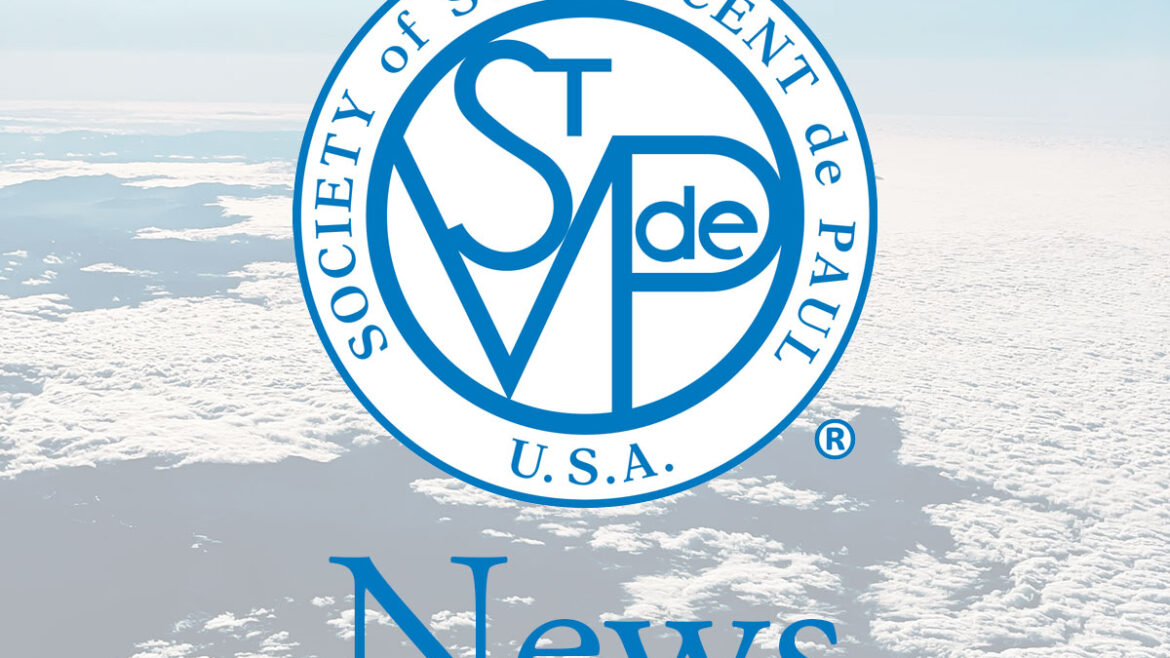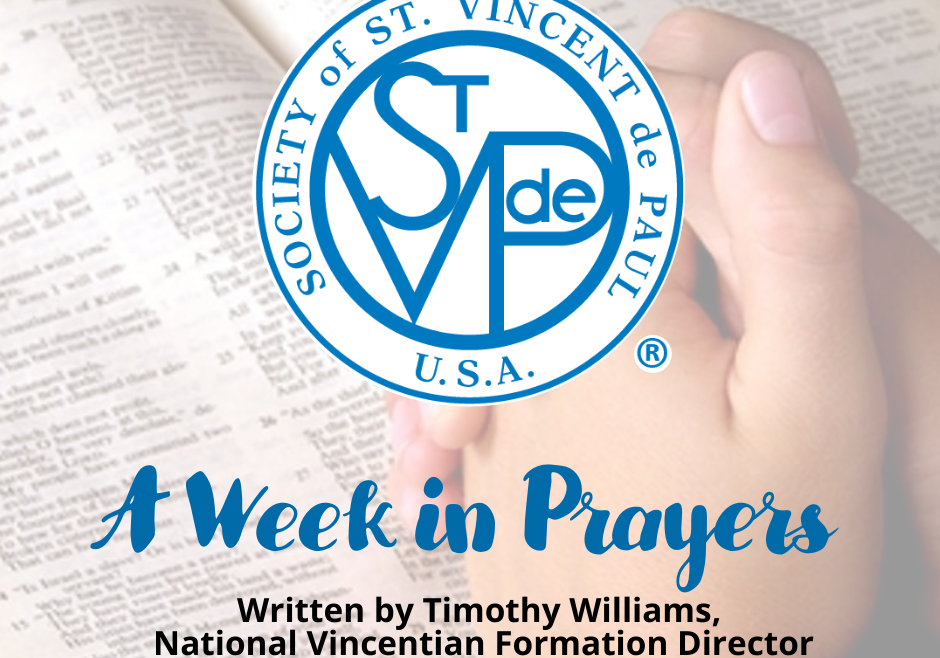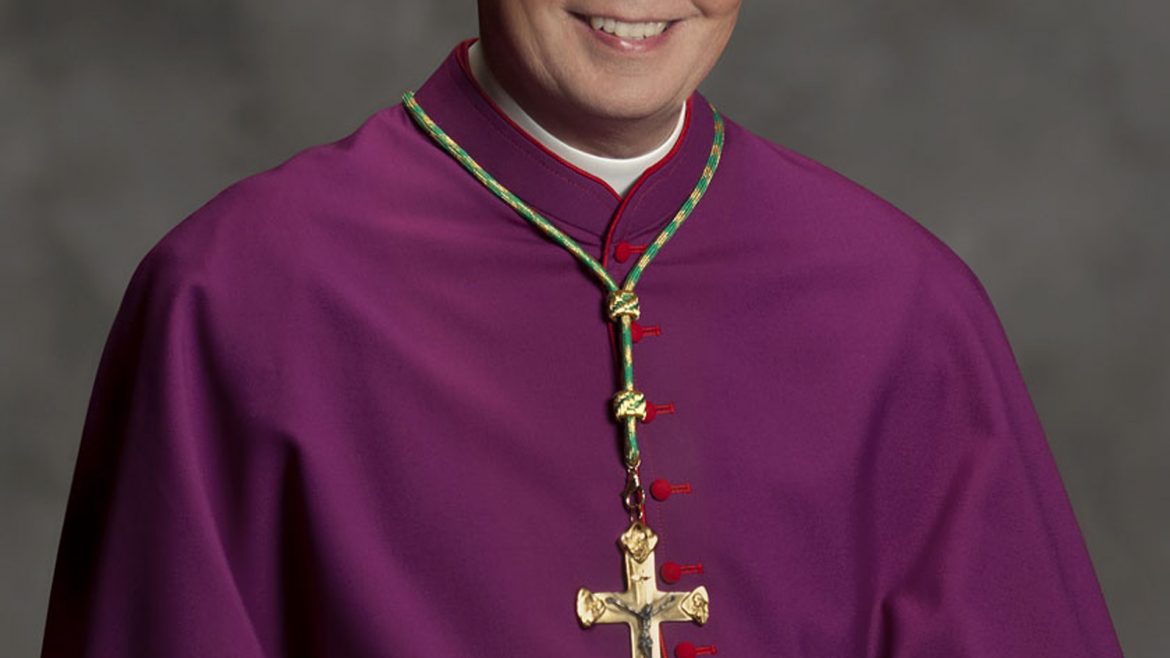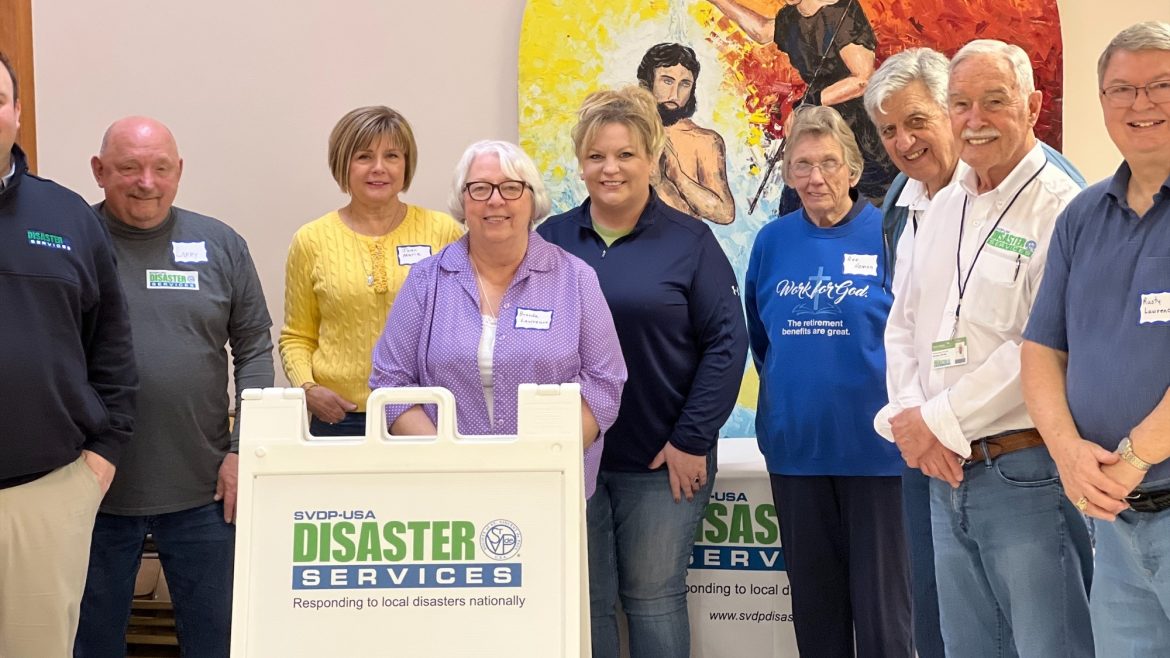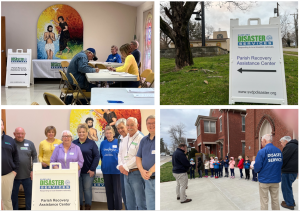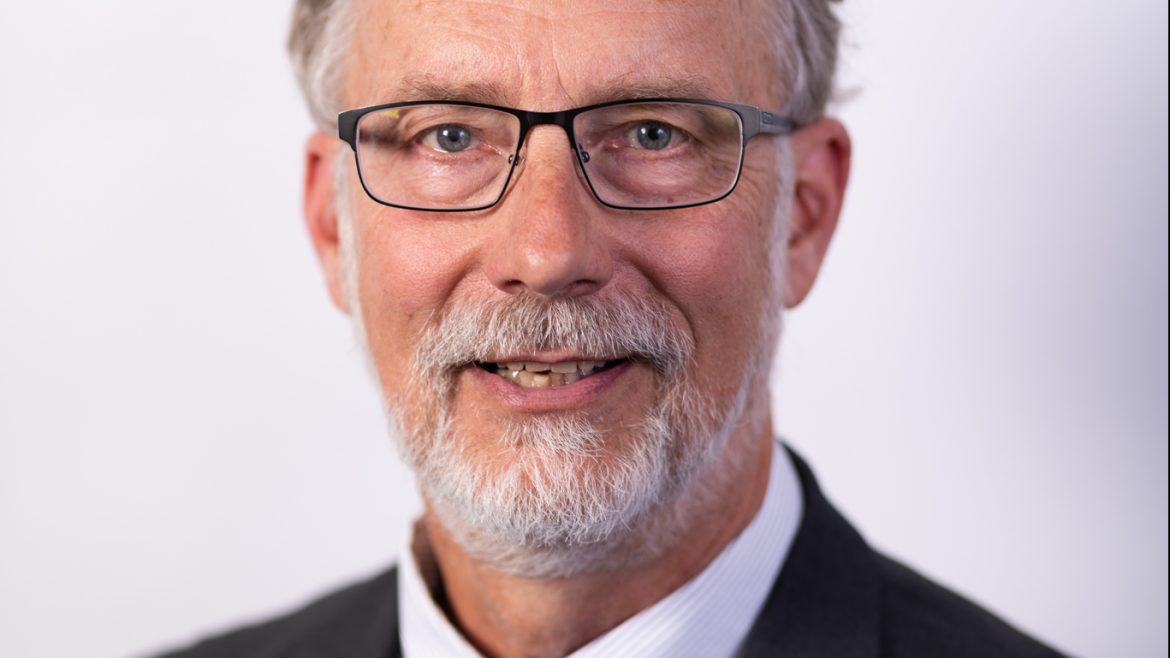With 100,000 Vincentians across the United States and nearly 800,000 around the world, the Society of St. Vincent de Paul provides person-to-person service to those who are needy and suffering. Read some of their stories here:
INTERNATIONAL
- CANADA: Street Beat set to kick-off on Sunday to help raise funds for St Vincent de Paul Society
- IRELAND: Charity ‘opened my eyes to poverty’ says music teacher and newly ordained deacon
- UNITED KINGDOM: Bride saves thousands of dollars after finding her ‘dream’ wedding dress at an op shop instead of a boutique – and you won’t BELIEVE the price tag
NATIONAL
- DALLAS, TX: Southern Dallas Resource Center Reopening After Winter Storm Damage
- KOKOMO, IN: Locals flock to food pantries, outreaches as inflation spikes
- LANE COUNTY, OR: The City of Eugene offers incentives for new affordable housing
- PHOENIX, AZ: SVdP Phoenix Launches Four New Podcast Series
Help us share the good news of the good work being done in your local Conference or Council! Email us at info@svdpusa.org with the subject line Good News.

